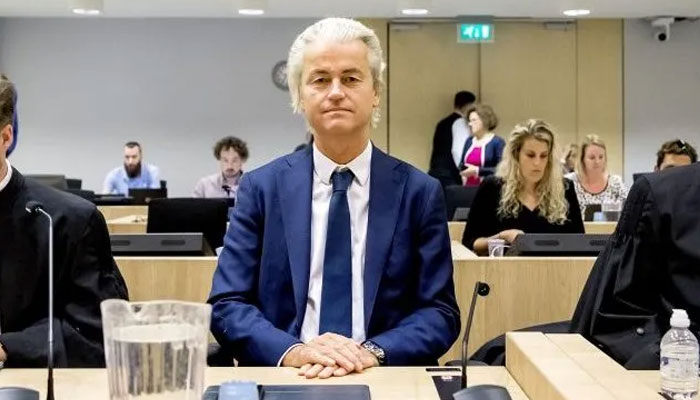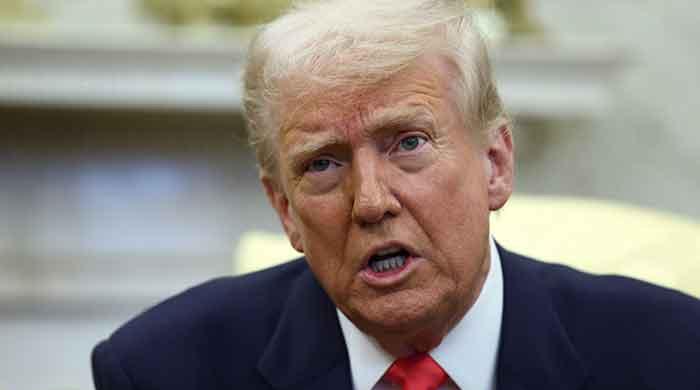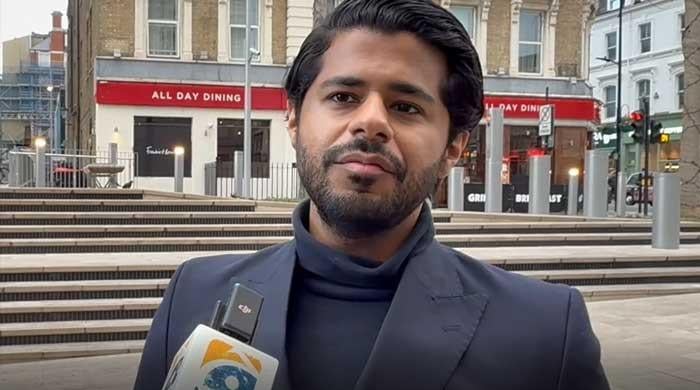Who is Islamophobe politician Geert Wilders, what does his election win mean for Dutch Muslims?
Geert Wilders resists the "far-right" label, asserting his advocacy for ordinary citizens
November 23, 2023

Geert Wilders, a prominent figure in Dutch politics, has secured victory by navigating a delicate balance between his controversial policies and broadening his appeal.
Despite his party's inclination towards right-wing ideologies, Wilders resists the "far-right" label, asserting his advocacy for ordinary citizens. By temporarily shelving divisive proposals and moderating his rhetoric, he successfully doubled his party's parliamentary representation.
Wilders, often compared to the Dutch Donald Trump, champions an anti-establishment narrative, rallying against the political elite in The Hague and Brussels.
His victory is met with concern by the Muslim community, given his contentious policies, including a proposed ban on Islamic headscarves. While he proclaims a commitment to put the Dutch back on top, coalition negotiations may require him to temper his most radical proposals.
The leader's trajectory involves legal challenges for verbal attacks on immigrants, yet his straight-talking nature resonates with a substantial segment of Dutch society. Affable despite his radical stance, Wilders has been a fixture in Dutch politics for 25 years, influencing major political shifts.
His anti-EU stance, consistent since 2005, aligns him with nationalist leaders in the EU, such as Viktor Orban and Marine Le Pen. However, forming a coalition and achieving policy objectives will necessitate Wilders to navigate the complexities of Dutch politics, potentially moderating some of his more extreme proposals.
As the maverick leader secures victory, questions loom about the future direction of Dutch politics and whether Wilders can follow the footsteps of other leaders who, after electoral success, moderated their policies to form coalitions and shape the political landscape.











